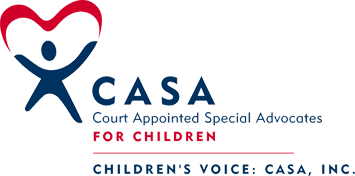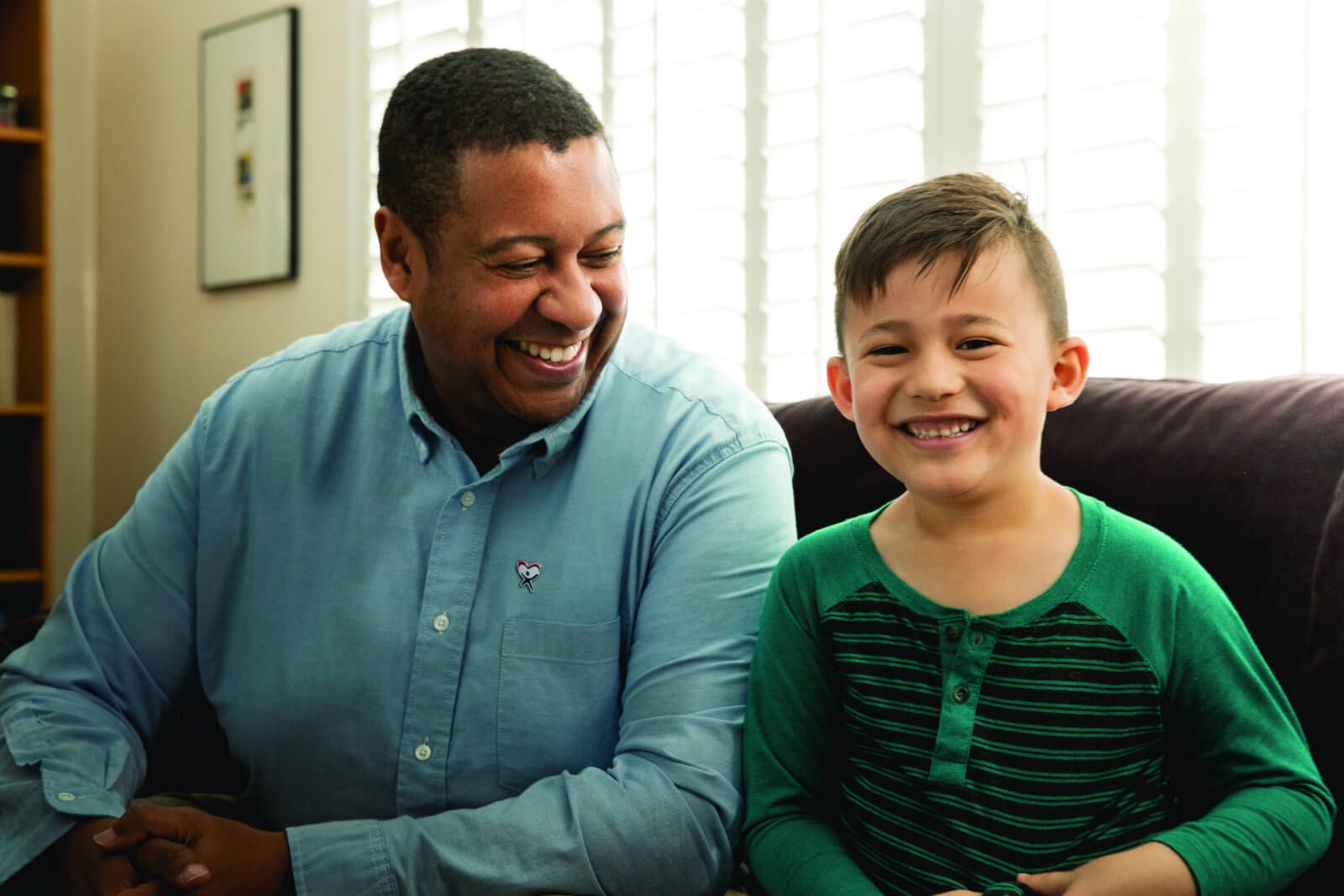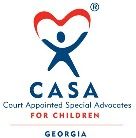This section is a compilation of answers to the questions most commonly asked by potential volunteers. Just start by following one of the links below.
If you can’t find the question you wanted to ask, don’t hesitate to contact us.
- Who are CASA volunteers?
- Which children CASA volunteer help?
- What exactly does a CASA volunteer do?
- Is being a CASA volunteer the same as being a mentor?
- How is a CASA volunteer different from a DFCS caseworker?
- How much time does it take?
- If I were to make a donation, how is my money used?
- What is your organization's privacy policy?
-
CASA volunteers are ordinary people who care about kids. CASA volunteers come from all backgrounds. Many work full-time. Some are students or retired people. Most CASA volunteers work on just one or two cases at a time. No legal expertise is required.
-
Everyday, across the country, Juvenile Judges appoint CASA volunteers to represent the best interests of children who have been removed from their homes due to abuse or neglect. Each year, hundreds of thousands of children experience foster care in this country. They range in age from 0-18 and come from all backgrounds, but have one thing in common – they have been victimized at the hands of those who were supposed to be their protectors.
-
CASA volunteers are assigned to a case by a Juvenile Court Judge. They conduct thorough research on the background of the case, reviewing documents and interviewing people who are involved in the child’s life. This may include teachers, therapists, extended family, doctors, etc. The CASA volunteer then make reports to the court, recommending what they believe is best for each child and providing information that will help the judge make an informed decision. CASA volunteers can also be instrumental in assuring that a child receives services which the court has ordered – things like counseling or special education.
During the life of a case, a CASA volunteer monitors the child’s situation and may be the only constant in the child’s life as they move through the child welfare system. -
The CASA program is NOT a mentoring program. However, like a mentoring program, the CASA volunteer does develop rapport and a relationship with the child through frequent contact. The primary role of the CASA volunteer is to gather information about the child, write unbiased reports to the court and attend court hearings.
-
Caseworkers are employed by the state of Georgia at the Division of Family and Children's Services (DFCS). All too often, caseworkers are assigned to a massive caseload. Caseworkers are responsible for helping the entire family. A CASA volunteer is an advocate for just the child, is not paid and works with only one or a few cases at a time. The CASA volunteer does not replace the social worker on a case; he or she is an independent officer of the court and works within the child welfare system to advocate for what is in the best interest of the child.
-
While much depends on your case, the number of children in the family, and where things stand in the process of getting them out of foster care, an average case takes 5-10 hours per month. The most time is spent at the beginning of the case, getting to know the folks involved and understanding the situation. CASA volunteers are required to see their children a minimum of once per month, but we encourage more frequent communication (as appropriate for that child). After all, you can’t speak for someone you don’t know!
-
We have a responsibility to our community and our donors and work hard to ensure long-term sustainability of our organization. We are committed to transparency. We are a Guidestar Exchange Silver Participant where our IRS Form 990s and much more is available for review. Visit our Guidestar page to learn more.
-
At Children's Voice: CASA, Inc. we take privacy seriously. We take steps to protect and ensure the safety of our children and CASA volunteers. CASA volunteers are required to adhere to a strict privacy policy and may not share information with any outside parties.
Additionally, we do not sell or otherwise disclose information about our volunteers or supporters outside of our immediate organization. We do not sell or exchange your information with any other organizations, public, private or nonprofit. For more detailed information visit our Privacy Policy page.
-
Years Serving the Community
25
-
Trained CASA Volunteers
419
-
Total Children Served
965













